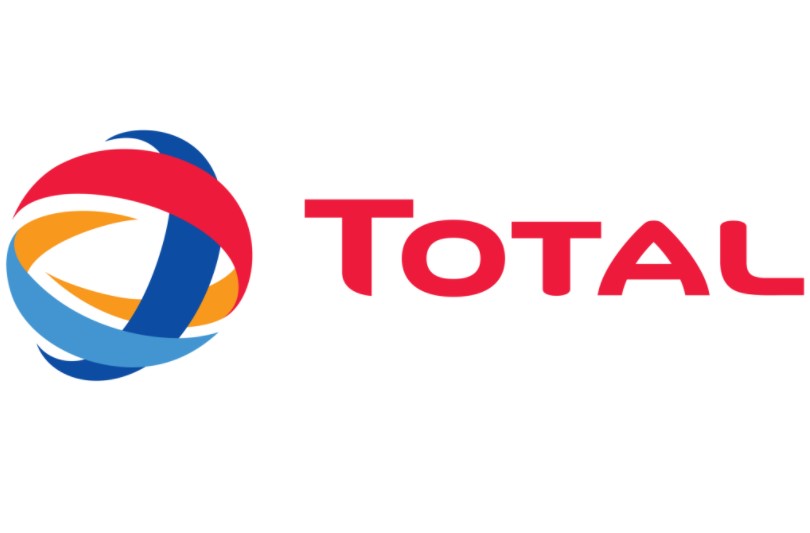
- Italian oil major, Eni, announced this week that it has made three new oil and gas discoveries in the Meleiha region of western Egypt.
- The new discovery further adds to Egypt’s recent announcement that it expects to become self-sufficient in oil by as early as 2023.
- Eni’s finds are just the latest in several significant oil and gas discoveries over the last decade.
As Eni makes a new oil and gas discovery in Western Egypt, the future of energy in the oil-rich nation looks promising. After record production figures were hit in September for the first time since 1957, with an output of 65,000 bpd, as well as plans for new refineries and high levels of LNG production, Egypt looks set to not only become self-sufficient in energy but also to become a major exporter.
Italian oil major, Eni, announced this week that it has made three new oil and gas discoveries in the Meleiha region of western Egypt, with oil reserves of an estimated 50 million barrels of crude, equating to 6,000 bpd of oil equivalent. Eni has a 38 percent stake in Meleiha, shared with Lukoil which holds 21 percent, and Egyptian General Petroleum Corporation (EGPC), with 50 percent.
Following the discovery, the oil major released a press statement saying, “Eni is continuing to pursue its successful near field and infrastructure-led exploration strategy in the Egyptian Western Desert through Agiba, a joint venture between Eni and Egyptian General Petroleum Corporation (EGPC), which allows a quick valorisation of these new resources.”
The new discovery further adds to Egypt’s recent announcement that it expects to become self-sufficient in oil by as early as 2023. Egypt has been steadily ramping up its oil output to enhance its energy security in recent years. EGPC as well as several international oil majors continue to pursue exploration and production operations across the country, with American Apache Corporation, the Italian Eni, the Emirati Dragon Oil and the Dutch Shell all present in Egypt’s oil industry.
Eni’s finds are just the latest in several significant oil and gas discoveries over the last decade. There have been 295 petroleum discoveries, 197 crude oil discoveries, and 98 gas finds over the last six years, totaling almost 372 million barrels of oil and condensates and 38 trillion cubic feet of natural gas, in Egypt’s largest oil-producing region – the western desert, as well as in the eastern desert, the Mediterranean, Sinai, Delta and the Gulf of Suez.
Egypt has national plans to upgrade its existing refineries as well as construct seven new refineries across the country, with $7 billion earmarked for the project. Officials estimate once complete, the refineries will be capable of producing 6.2 million tonnes of oil products, including gasoline and diesel, every year. This is part of the Ministry of Petroleum and Mineral Resources plan to focus on the production of refined products, rather than relying on the quantity of oil Egypt produces, to avoid reliance on refined imports.
Egypt also hopes to become a major exporter of gas to Europe, has resumed operations at two LNG stations in Idku and Damietta for the first time in eight years. The country is already self-sufficient in natural gas thanks to the discovery of the Zohr field in the Mediterranean Sea in 2015. Now the Ministry hopes to establish key export markets including China, Japan, and India, shipping via Europe.
However, to become self-sufficient, Egypt will have to begin its transition to renewable energy, reducing its consumption of oil products. It currently imports between 35 and 40 percent of its oil derivatives, and unless the transition starts now this figure could increase alongside population growth despite greater national output.
In addition to oil discoveries and greater national investment in the energy sector, Egypt is also attracting more European oil and gas firms as regulations tighten in North Sea production and the future of European oil exploration and production looks less certain. Cairn Energy has already made the move, selling its stakes in two North Sea oil fields, for $455 million, and focusing on its North Africa operations. In March this year, Cairn purchased a 50 percent stake in Shell’s Western Desert oil production, where the outlook appears more certain, as the energy transition is yet to take hold and the oil supply will continue while demand remains high.
However, it’s not all roses, with investment in Egypt’s oil sector down 26 percent in 2020 2021 compared to 2019-2020, totaling $5.4 billion down from $7.3 billion, according to Petroleum and Mineral Resources Minister. This is largely owing to uncertainty during the first year of the Covid-19 pandemic when oil demand and prices plummeted.
Yet, Egypt’s economy has been extremely resilient in the wake of the Covid pandemic, achieving 3.6 percent real GDP growth in 2020, meaning recovery is likely to come fast, particularly as international oil giants shift operations towards Africa and the Caribbean. The government’s dedication to developing the country’s already strong oil industry is already attracting greater international interest in the region, a trend that is likely to continue if oil demand and prices remain high.
Despite a reduction in investment last year, Egypt appears to be developing its energy sector rapidly, responding to market demand and ensuring its energy security for the years to come. As international investors shift away from Europe operations towards the African region, Egypt’s oil and gas industry is set to thrive.
By Felicity Bradstock for Oilprice.com



